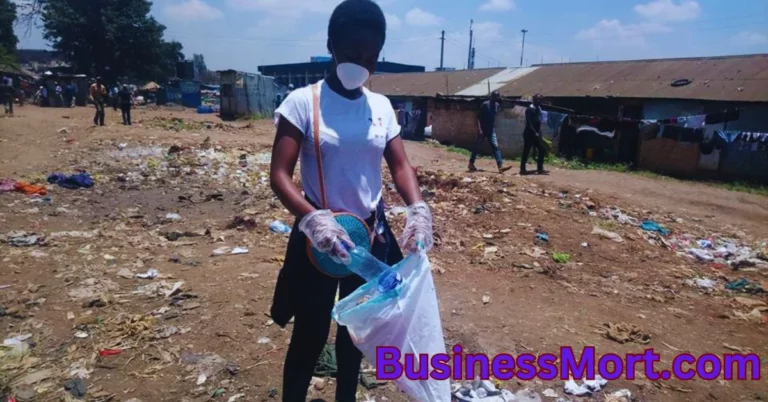Across the vast expanse of Africa, a silent menace is spreading, an insidious force that threatens to engulf the continent in a sea of plastic waste. This environmental scourge is not confined to isolated pockets of pollution; it is a pervasive crisis that is spiraling out of control, leaving a trail of destruction in its wake.
At the heart of this crisis lies an insatiable demand for plastic, fueled by a burgeoning population and a growing middle class. This insatiable hunger for convenience and modernity has led to an explosion of plastic packaging, disposable products, and single-use items, all of which end up clogging landfills, choking waterways, and poisoning ecosystems.
The consequences of Africa’s plastic plague are far-reaching and devastating. Plastic waste pollutes rivers and oceans, disrupting delicate ecosystems and endangering marine life. Microplastics, tiny fragments of plastic, infiltrate the food chain, posing a serious threat to human health. Toxic fumes from burning plastic pollute the air, causing respiratory problems and exacerbating existing health conditions.
The impact of this crisis is not evenly distributed. The poorest and most vulnerable communities, often lacking adequate waste management infrastructure, bear the brunt of the environmental and health consequences. Children, particularly those living in informal settlements, are particularly susceptible to the harmful effects of plastic pollution.
Addressing Africa’s plastic plague requires a multifaceted approach, one that encompasses both individual and collective action. Governments must implement comprehensive waste management strategies, investing in recycling facilities and promoting sustainable alternatives to plastic. Businesses must take responsibility for their products, designing packaging that is easily recyclable or biodegradable.
Individual consumers also have a role to play in reducing their plastic footprint. Embracing reusable alternatives, avoiding single-use items, and properly disposing of plastic waste are simple yet effective steps that can make a significant difference.
The fight against Africa’s plastic plague is not insurmountable. With concerted effort and a commitment to sustainability, the continent can emerge from this crisis and reclaim its rightful place as a haven of pristine landscapes and thriving ecosystems. The time to act is now, before the plastic tide overwhelms Africa’s natural beauty and endangers the well-being of its people.
